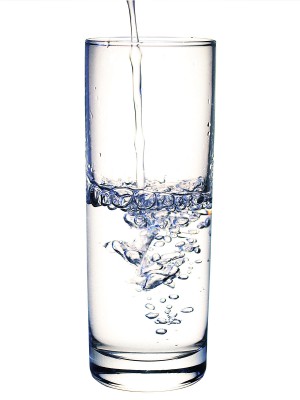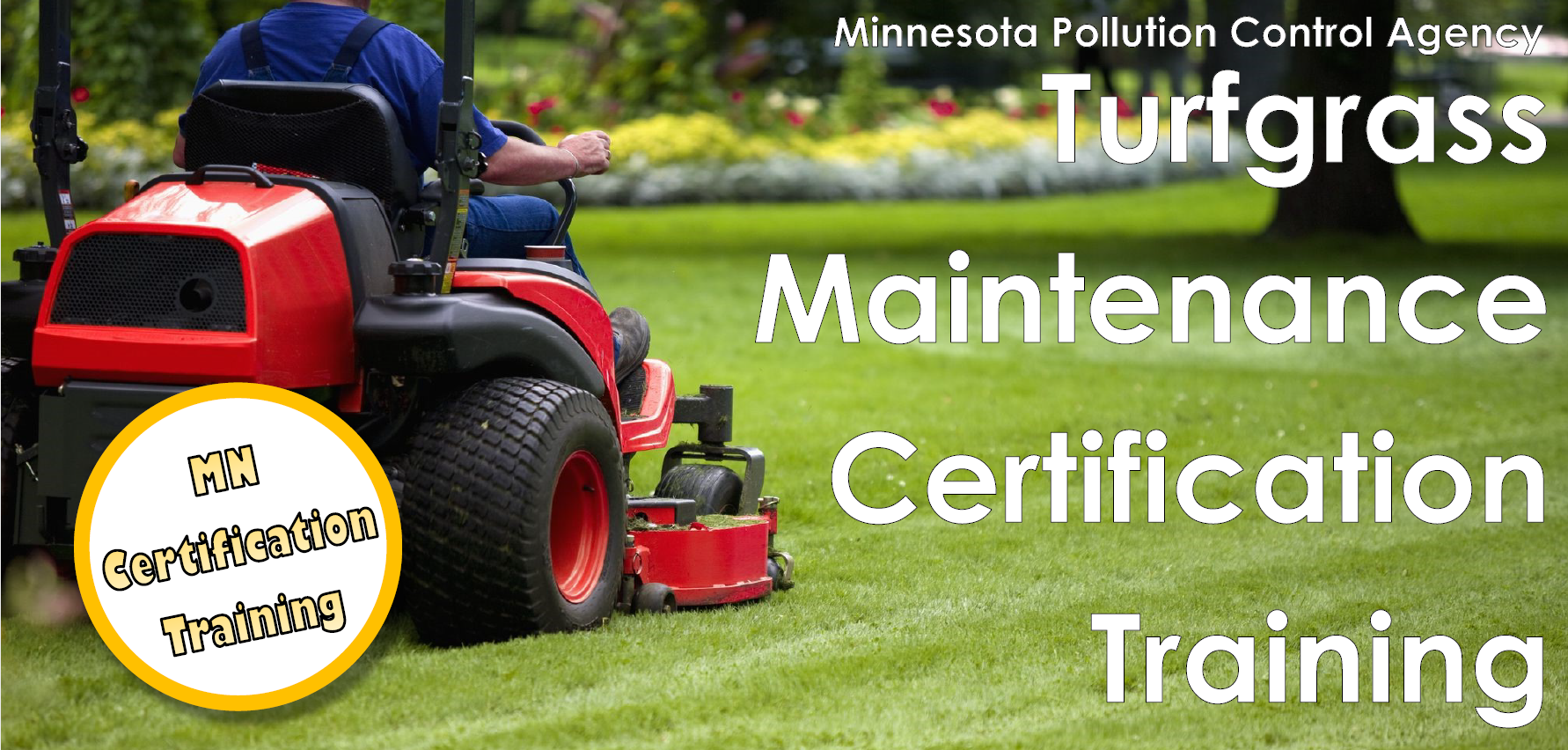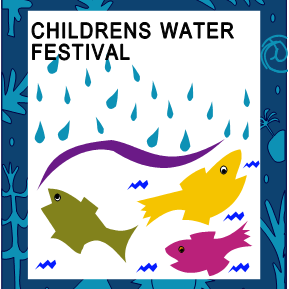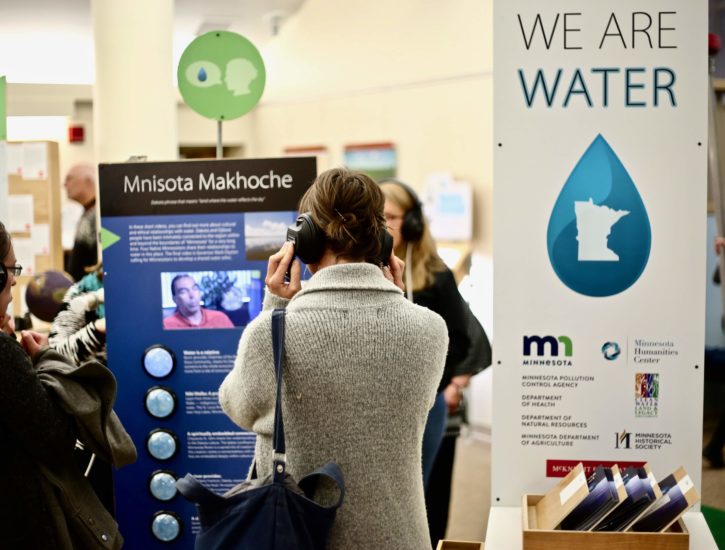The Minnesota Department of Health has issued another message to all noncommunity public water systems:
“The Minnesota Department of Health (MDH) Drinking Water Protection program recognizes that you face exceptional pressures in operating your facilities and businesses during the COVID-19 outbreak. Understanding the pressures that you face, we want to provide you pertinent information so you can continue providing essential supplies of safe drinking water to the public. In addition to this message, you can access further information for public water systems at Public Water Systems and COVID-19. You can also find general COVID-19 updates at Coronavirus Disease 2019 [COVID-19] where you can sign up for general COVID-19 updates.
Drinking Water Safety and COVID-19
According to the World Health Organization, no detections of the COVID-19 virus have occurred in drinking water supplies and, based on current evidence, the risk to water supplies is low. You can find more information from the United States Environmental Protection Agency (EPA) at EPA: Coronavirus and Drinking Water and Wastewater and the Centers for Disease Control and Prevention (CDC) at CDC: Water Transmission and COVID-19.
MDH Drinking Water Protection is Here to Help
MDH Drinking Water Protection (DWP) staff are available to assist you. While we have acted to reduce exposure for staff and public water systems by curtailing most field activity, we remain dedicated to working with you in providing safe drinking water. All DWP staff are available via phone and email. We will respond to any questions, concerns, or contamination situations. If follow-up water sampling is needed, our staff will work with you to determine how to do this safely. Do not hesitate to reach out to us with any questions. Use the Noncommunity Public Water Supply Unit Contact List (PDF) to find the sanitarian and compliance officer for your part of the state, if you are unsure who to contact.
Closures Due to COVID-19
If your facility has experienced an unexpected closure due to COVID-19, or anticipates such a closure soon, please contact your compliance officer as soon as possible or send an email to health.noncommunitycompliance@state.mn.us. This is especially important if you are required to collect water samples on a monthly or quarterly basis.
Required Water Sampling
If MDH requires you to collect your own water samples, please continue to do so. It is critical that drinking water systems continue to be able to assure their users about water quality. This includes facilities required to collect their own samples for bacteria, nitrate, arsenic, lead & copper, and other contaminants. Note that water system work and sample delivery are part of the critical sectors identified in the Governor’s Stay at Home order.
If you hand deliver samples to a laboratory, we recommend that you confirm they are open and receive direction on specific drop off procedures to maintain social distancing. Please also plan to have the paperwork for your samples completed before traveling to the lab to limit time on site. If you have any questions about sampling requirements or sample delivery, please contact your compliance officer.
Seasonal Public Water Systems
Seasonal public water systems are those that do not operate on a year-round basis, and start up and shut down at the beginning and end of each season. They are required to start up each year according to an approved procedure found at Start-up Procedure for Seasonal Public Water Systems (PDF), and notify MDH of its completion.
If you are the owner/operator of a seasonal water system that fully depressurizes in the off-season, you will receive a reminder notice in the next two weeks with information about the required start-up procedure. After starting up your water system, be sure to complete the notice indicating the date the procedure was completed, and return it to MDH.
If the COVID-19 outbreak has delayed your start-up date, please email compliance staff at health.noncommunitycompliance@state.mn.us or contact your sanitarian. If you are in a delegated local jurisdiction, please contact the local program office.
Although start-up procedure certification is required only for facilities that fully depressurize all their water system(s) in the off-season, those that depressurize only a portion of their system should also follow the approved start-up procedure. This helps ensure these systems are maintained in a sanitary condition. Additional information relating to the start-up procedure is available at Restaurants, Resorts, Campgrounds (Transient).
Safety Precautions When Disinfecting Your Well and Water Sytem
As part of seasonal re-opening or in response to contamination, a well and water system may be disinfected. During this process, high levels of chlorine are circulated throughout your water system, making it dangerous for any contact or consumption. It is important that precautions be taken to minimize the chance for any unintended exposure as follows:
- Keep children and animals away from the well area while disinfecting;
- Do not allow anyone to use the water system until the disinfection process is complete;
- Post a warning notice at each tap such as High Chlorine Warning Notice; and
- After the disinfection process is complete, thoroughly flush the water system until chlorinated water is entirely removed.
For further guidance on the well and water system disinfection process, please refer to Well Disinfection instructions.
Information for Nontransient Noncommunity Public Water Systems
Certified Operators: During the COVID-19 outbreak, MDH will work with operators and systems having difficulties with operator certification. MDH will not take enforcement against any system because their operator was not able to obtain their training hours as a direct result of COVID-19. Operators are encouraged to maintain training hours to the greatest extent possible using online training options as found on the Minnesota Water Operator Training web page. Once in-person training sessions and operator schools are back in operation, MDH expects any operator who did not have the required renewal hours to complete those hours within 12 months.
Source Water Protection Grants: The “competitive” round of Source Water Protection grants is open for nontransient noncommunity and community public water systems as usual in April. See Source Water Protection Grants page for more details.
Thanks for all your efforts in these difficult circumstances as we work together to keep safe water available all across Minnesota.
Dave Hokanson, Supervisor, Noncommunity Public Water Supply Unit“



 April 13th, 2020
April 13th, 2020  knowtheflow
knowtheflow 






